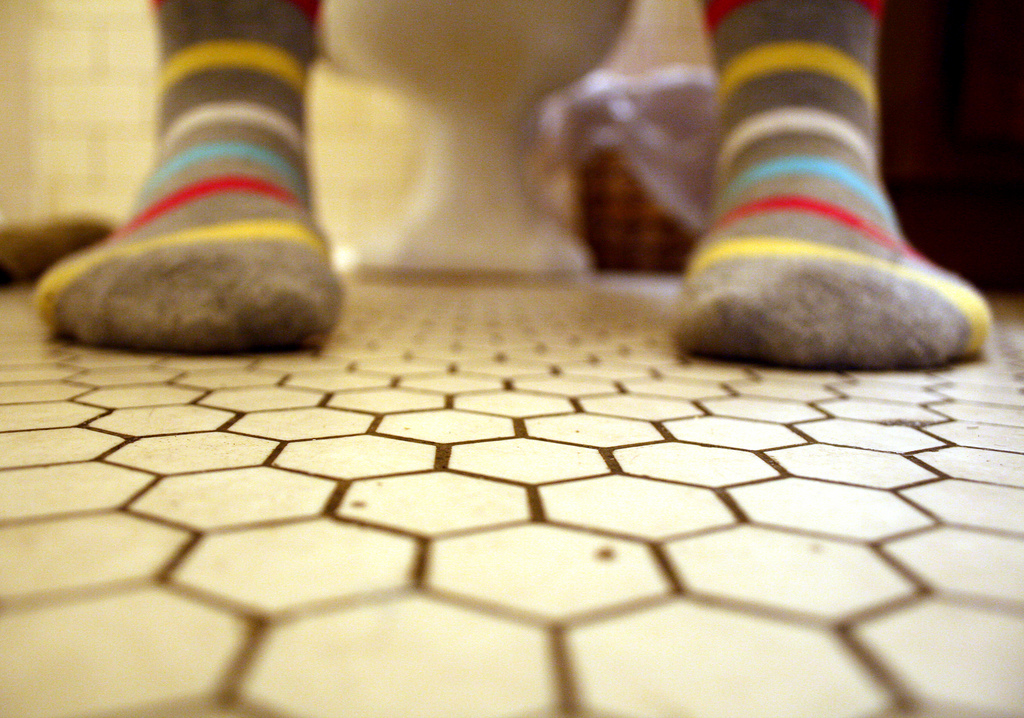A pregnant woman experiences several changes in her body. Along with the many changes happening in the woman’s body are some discomforts and special needs. Both the health of the mother and her child needs care and attention. A healthy pregnant woman should achieve homeostasis or balance as a non-pregnant woman should. Prevention of any disease is always better than cure.
One of the common problems encountered during pregnancy is the problem in elimination of bowels. It is a common problem but doesn’t mean that every pregnant woman should undergo this burden.
Difficulty in having regular bowel movements could be very uncomfortable for any person, most importantly, during pregnancy. If the pregnant mother happens to be working, this could add up to her physical stress. The longer it takes for a bowel to remove its wastes, the harder the stool becomes and the greater the discomfort. Treatment for this problem should be addressed because it may cause abdominal distention, small frequent oozing of stool, or impaction, and to avoid further complications to occur such as having hemorrhoids or fissures. Complete and predictable bowel evacuation is the goal.
Constipation Definition
Constipation is a term used to describe an abnormal infrequency or irregularity of defecation, abnormal hardening of stools that makes their passage difficult and sometimes painful, a decrease in stool volume, or retention of stool in the rectum for a prolonged period. Any variation from normal habits may be considered a problem. It is always best to be knowledgeable about the remedies and treatment that should be addressed to take action immediately.
When there is a fecal matter cannot be evacuated, what happens is that a stronger stimulus is needed to produce the necessary peristaltic rush for defecation. The initial effect of fecal retention is to produce irritability of the colon, which frequently goes into spasm, as soon as possible, especially after meals, giving rise to colicky midabdominal or low abdominal pains. When the urge to defecate is ignored, in cases wherein the pregnant woman neglects the need to evacuate stools regularly, what happens is that the rectal mucous membrane and musculature becomes insensitive to the presence of fecal masses, and consequently, a stronger effort or stimulus is needed to push stools to its elimination. If this becomes habitual, the muscles of the colon loses its tone and becomes essentially unresponsive to normal stimuli. Atony decreases the ability of the colon to expulse the fecal matter.
Clinical Manifestations of Constipation During Pregnancy
Signs and symptoms of constipation during pregnancy may include abdominal distention, which can be palpated. Borborygmus or the gurgling or rumbling sound caused by passage of gas through the intestine may cause discomfort and uneasiness. Pain and pressure may cause a huge discomfort and may add up to the load of the pregnant on pressure of the womb. Appetite may be decreased and may be very much affected. Flatus can be very uncomfortable and embarrassing. Headache, fatigue, a sensation of incomplete emptying can be very stressful and annoying. Straining at the stool can cause blood pressure to raise. Elimination of hard, dry stools in small volumes can be very uncomfortable and painful and may lead to hemorrhoids.
Complications of Constipation During Pregnancy

Because prevention is better than cure and you don't want to look like this.
If the pregnant woman is eclamptic or having a high blood pressure, straining could only increase the blood pressure more and may aggravate the problem. Hemorrhoids and anal fissures may occur due to passing of hard stools that cause trauma to the linings of the rectum. Another complication is developing fecal impaction due to very hard stools that may cause further blockage and pressure to the intestines. If this happens, the mass can be palpable on difital examination. A sign of this situation is the passing of liquid stools because only the liquid portion of the fecal matter can pass since the fecal impaction blocks the solids to pass through. Hemorrhoids and anal fissures may be easily infected since the feces pass directly through the wounds and may cause infections.
Pregnancy Constipation Management

Hydrate now!
Staying well hydrated will soften stools. Drinking adequate amounts of water up to 8-10 glasses, when tolerated, can help a constipated pregnant woman pass stools more easily. A diet high in fiber can help you loosen the stools. High fiber diet includes good servings of vegetables and fruits. The papaya fruit is great for making the stools naturally soft. Go natural. Watch out for the side effects of some supplements such as iron supplements and calcium supplements which is a common intake during gestational phase of baby. This can harden stools and make it difficult to pass. Exercising can greatly help a pregnant woman by strengthening abdominal muscles. Mobility greatly affects the overall wellbeing of the person. Using laxatives and stool softener medicines should be avoided because it can be habit forming and may induce dependency. Fiber pills, laxatives and stool softeners may not all be safe during pregnancy so a pregnant mother should always consult her doctor for the safety and effectiveness of drug therapy. Prune juice is said to be good in softening the stools. If a constipated pregnant is suffering from flatulence, gas forming foods such as carbonated drinks, egg whites, legumes and cabbages should be avoided.

Regular bowel movements equals happiness.
